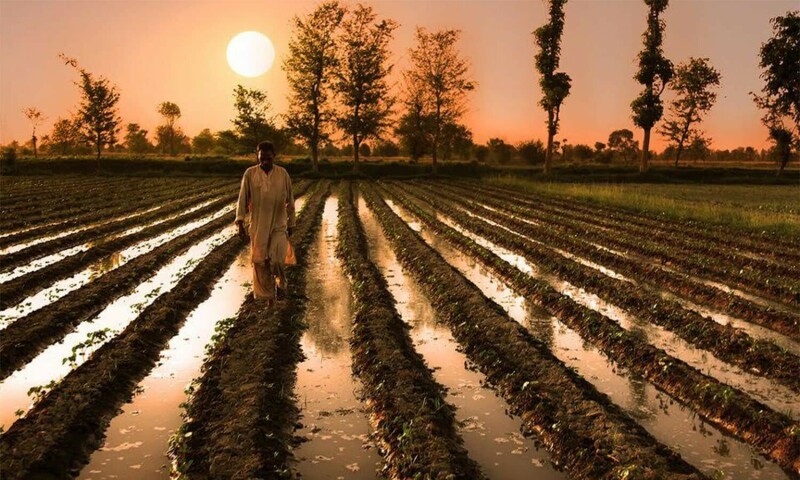ISLAMABAD: Climate hazards are increasing and projected to become more severe and frequent with impacts leading to reduced agricultural and labour productivity, loss of livelihoods, and human displacement, says a new report jointly released by the United Nations and Asian Development Bank.
These hazards strain socio-economic and environmental systems, and hinder efforts to promote food security and alleviate poverty, says the ‘2024 Asia-Pacific SDG Partnership Report: People and Planet’, a joint publication of UNESCAP, UNDP and ADB.
The report says that transformative change is needed, as integrated approaches that unlock synergies and mitigate trade-offs in managing the ecosystem provide the best opportunities for transformative change that can advance climate action and address poverty and hunger.
These approaches can leapfrog over barriers that limit progress, namely siloed actions that result in bad policy, investment gaps and an imbalance of short- and long-term benefits and costs that can impede climate action.
According to the report, the burdens of climate impacts are unevenly distributed and poorer countries, and low coping capacity is leading to increased poverty and food insecurity. This, in turn, reduces the resilience of vulnerable populations, including women, children, older persons, persons with disabilities and indigenous groups, the report says.
Integrated responses to current development challenges need to reflect the interlinkages between climate, poverty and food insecurity. Bringing climate action, poverty, and hunger alleviation actions closer makes implementation more effective as integrated approaches can unlock synergies and help guide complex decision-making when delivering transformative change, it says.
The report suggests that sustainable food systems approaches can address the challenge of providing food security and adequate nutrition to the region’s growing population. Designed properly, such systems can support sustainable livelihoods of millions of farmers and reduce the environmental and climate impacts of food production.
Food insecurity and poverty can also intensify climate change impacts, pandemics, or forced displacement, as well as undermine human development and economic opportunities. Their impact is uneven, with people in conflict-affected areas suffering the most, it says.
Published in Dawn, February 24th, 2024







